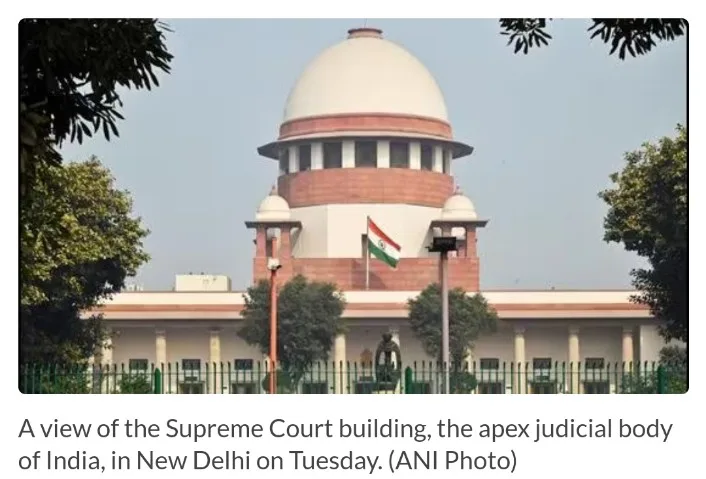In a significant development, the Supreme Court has taken notice of a petition challenging the ban imposed by the Uttar Pradesh government on the manufacturing, storage, sale, and distribution of halal-certified food products. The petitioner, Halal India Private Limited, an internationally recognized halal certification provider, contested the government’s order dated November 18, 2023, along with a criminal case filed against it in Lucknow on the same day. The ban, limited to Uttar Pradesh and excluding exports, has led to over 100 flight delays and diversions at Delhi airport.
The bench of justices BR Gavai and Sandeep Mehta directed the UP government to respond to the petition but refrained from providing interim protection to halal certification providers against coercive action. The matter has been posted for further consideration after two weeks. Senior advocates Raju Ramachandran and Sidharth Agarwal, representing Halal India and Jamiat Ulama-e-Maharashtra, sought a ban on the order, claiming it targeted Muslims and anticipated similar bans in other states.
The petition, filed by advocate Ejaz Maqbool, argued that the UP notification unjustly prohibits citizens following Islamic culture and values from consuming halal-certified products. The petition called for setting aside the notification, highlighting its discriminatory nature by excluding certifications for Jain, Satvik, and kosher (for Jews) products. The ban on halal products, deeply rooted in Islamic principles, has raised concerns about religious discrimination and the potential for similar bans in other states.
Despite the plea for interim protection against the Lucknow FIR, the bench deferred a decision, stating it would consider it on the next date of hearing. The ban has triggered a nationwide debate, with BJP in Karnataka demanding a countrywide prohibition on halal certification. Union Rural Development minister Giriraj Singh even wrote to Bihar Chief Minister Nitish Kumar urging a ban. The petitioners argue that the notification and FIR have caused nationwide fear and apprehension among the Islamic community, fearing replication by other states.
The FIR against Halal India accused the organization of fostering social animosity, leading to charges under various sections of the Indian Penal Code. The petitioner strongly denies these charges, asserting their innocence without any evidence supporting the allegations.
This legal battle against the halal ban is poised to have broader implications, shaping the discourse around religious freedoms and food certifications in India.







